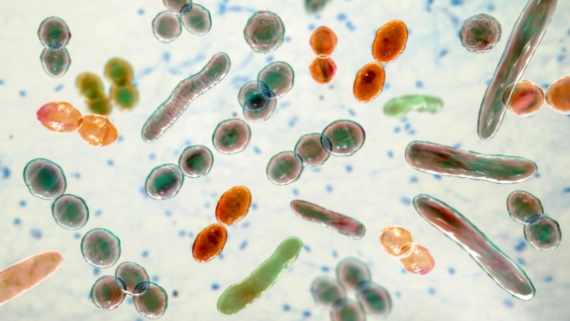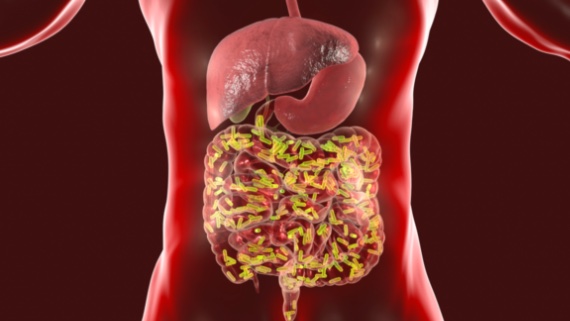Ever since the normal presence of microbes in the human body began to be studied in the 19th century, it has been understood that the many micro-organisms that call us home provide essential services in processes such as digestion. But in recent decades, and particularly with the launch of the Human Microbiome Project (HMP) in the US in 2007, science has discovered that their importance in our bodies is infinitely greater, to the point that a healthy microbiome makes a healthy person. Should we think of it as another vital organ, like the heart or the brain, a part of us that should be looked after in sickness and in health?
We can imagine the surprise of the Dutch scientist Antonie van Leeuwenhoek, the first microscopist, when in 1681 he discovered under his lens “more than 1,000 living animalcules” in a sample of his own faeces. This observation remained unexplained for more than a century and a half. In the 19th century, when the microbial theory of disease began to take shape, the detection of micro-organisms in the human digestive tract sparked a debate between those who claimed they were a cause of disease and the visionaries who sensed even then their beneficial role in healthy people.
Key to health and disease
Almost 150 years have passed since the discovery of gut flora. We now know that although the gastrointestinal tract is its main home, the human microbiome or microbiota—terms whose equivalence is debated—is distributed throughout the body and outnumbers our own cells: 38 trillion bacteria alone (3.8×1013) compared to 30 trillion of our cells, according to one recent estimate. The HMP estimates that more than 10,000 microbial species inhabit the human ecosystem. Because of their small cell size, they make up only 1-3% of our weight, but their genes outnumber ours 360 to 1.

We know that an altered microbiome plays a role in many diseases. Those related to digestive metabolism are the most obvious, such as type 2 diabetes, obesity or inflammatory bowel disease, as well as those affecting the respiratory system, skin or reproductive organs. But the link between the gut and many other organs suggests more profound implications. The influence of the microbiome extends to areas as diverse as immune health and cancer, and its role in regulating neurotransmitters and the gut-brain axis has led to studies of its involvement in neurodegenerative and mental disorders such as depression and anxiety.

All this has led to its classification as a human organ, albeit somewhat hidden or virtual, with its own endocrine function. But even if not all scientists support this definition, it is clear that the current vision forces us to rethink the classical determinants of health from the perspective of the microbiome: how does diet affect it? What about the consumption of antibiotics? Or drugs in general? Or even surgery? Do we know enough to translate this understanding into therapies?
Comments on this publication